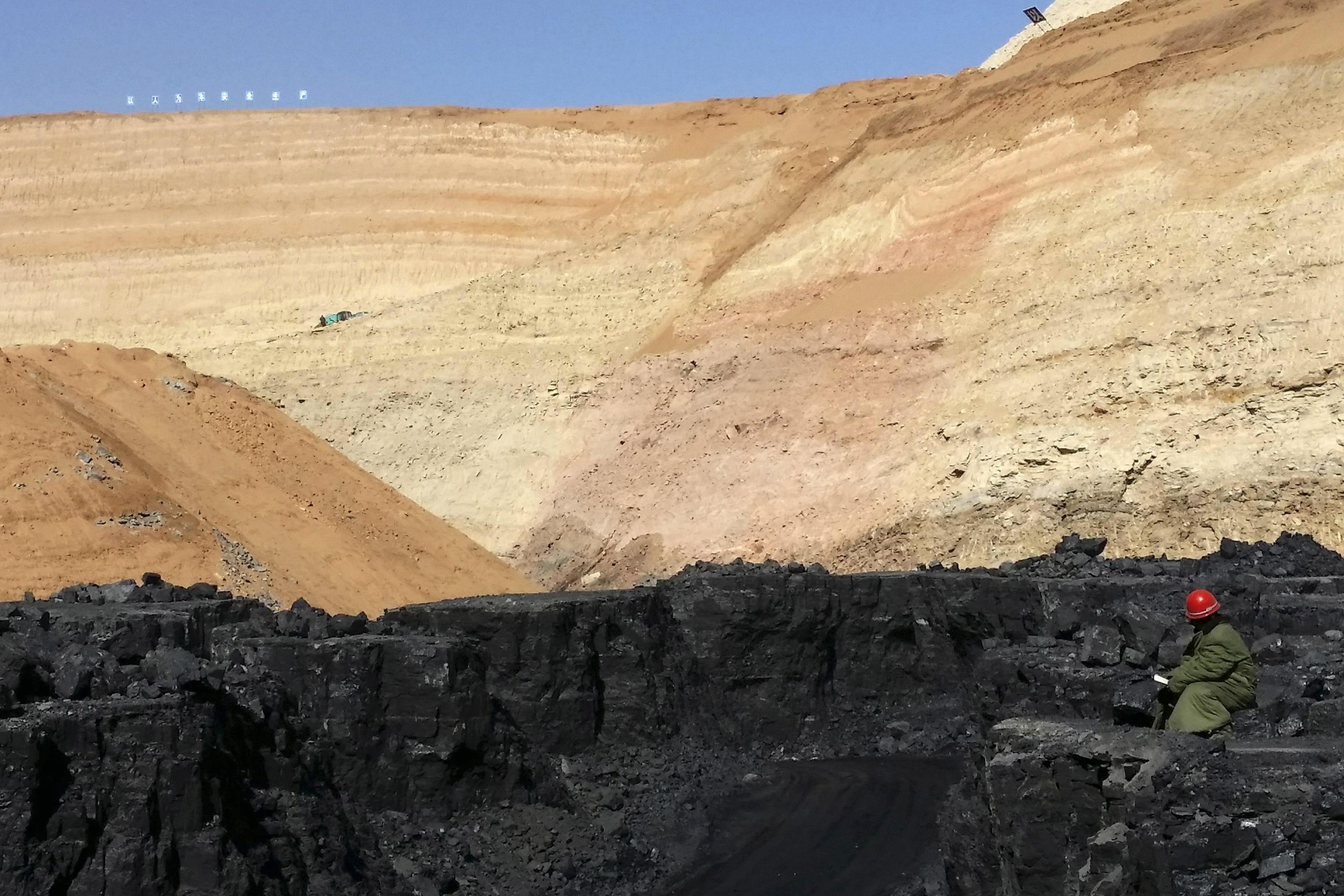
By December 2015, China had endured four years of declining producer prices. Coal was down 38 per cent on the year, and steel down 31 per cent. That month, the Communist Party hit on a new plan for reversing this dynamic. They called it "supply-side reform," and it was widely perceived as an attempt to eliminate the surplus capacity at mines and mills that was depressing prices and making debt difficult to repay.
Almost immediately after these proposed reforms hit the press, prices started going up. From December 15 through the end of October, coal prices surged 114 per cent and steel rose by 47 per cent, more than making up for the previous year's losses. The increase was so pronounced, in fact, that the country's top economic planner actually asked miners to cap prices next year.
The problem is that these price increases had almost nothing to do with the fundamentals of supply and demand. And the government's attempts to reassert control are likely to make things worse.
The price surge had a number of causes. First, Beijing turned on the credit spigots. Year-to-date total social financing is now up 13 per cent, compared to 6.7 percent growth in gross domestic product. With a high percentage of new credit going to public-works projects and real estate, much of it passed through into primary commodities -- that is, coal and steel.
At the same time, the central government was pulling out the stops to cut operating capacity. It set bold reduction targets, created an asset-management firm to consolidate mining companies and restricted working days at coal mines. It even warned regional governments that they'd be "seriously punished" if they failed to follow through. There's plenty of debate about how much reduction has actually occurred. But it's clear that they've made some significant progress.
By turning on the credit taps while attempting to restrain supply, however, Beijing telegraphed its intent to the market, thereby creating arbitrage opportunities. Investors keen to profit from the expected surge in activity piled into wealth-management products targeting basic commodities. As a result, trading turnover has surged enormously relative to consumption: Trough-to-peak daily turnover grew by more than 8,900 per cent in steel. With supply flat and demand falling, prices were still pushed higher by traders and wealth managers.
All this is good news for coal and steel firms, but bad news for everyone else. Consumers are suffering as electricity prices rise. Energy companies, heavily reliant on coal, are losing money and lobbying for a price cap and expanded output. Construction firms are dependent on cheap steel to make their projects profitable. As always, propping up one sector in the economy comes at the expense of others.
Capping prices isn't the answer. It creates the central planner's dilemma: how to dictate market moves without forcing the trade-offs that market discipline imposes? If the implied price is above the market-capped price, firms will find a way to hide payments to account for the discrepancy. Chinese companies routinely get around capital controls; it isn't hard to believe they'd do the same under price caps.
A better strategy is to tighten money and credit. Until the government manages that, firms will continue making poor decisions, politics will determine lending and financial markets will be prone to bubbles. The government also needs to relax control over the economy more broadly. China has thousands of industries and a work force larger than most countries. Its markets can't be calibrated by technocrats forever. - Bloomberg View